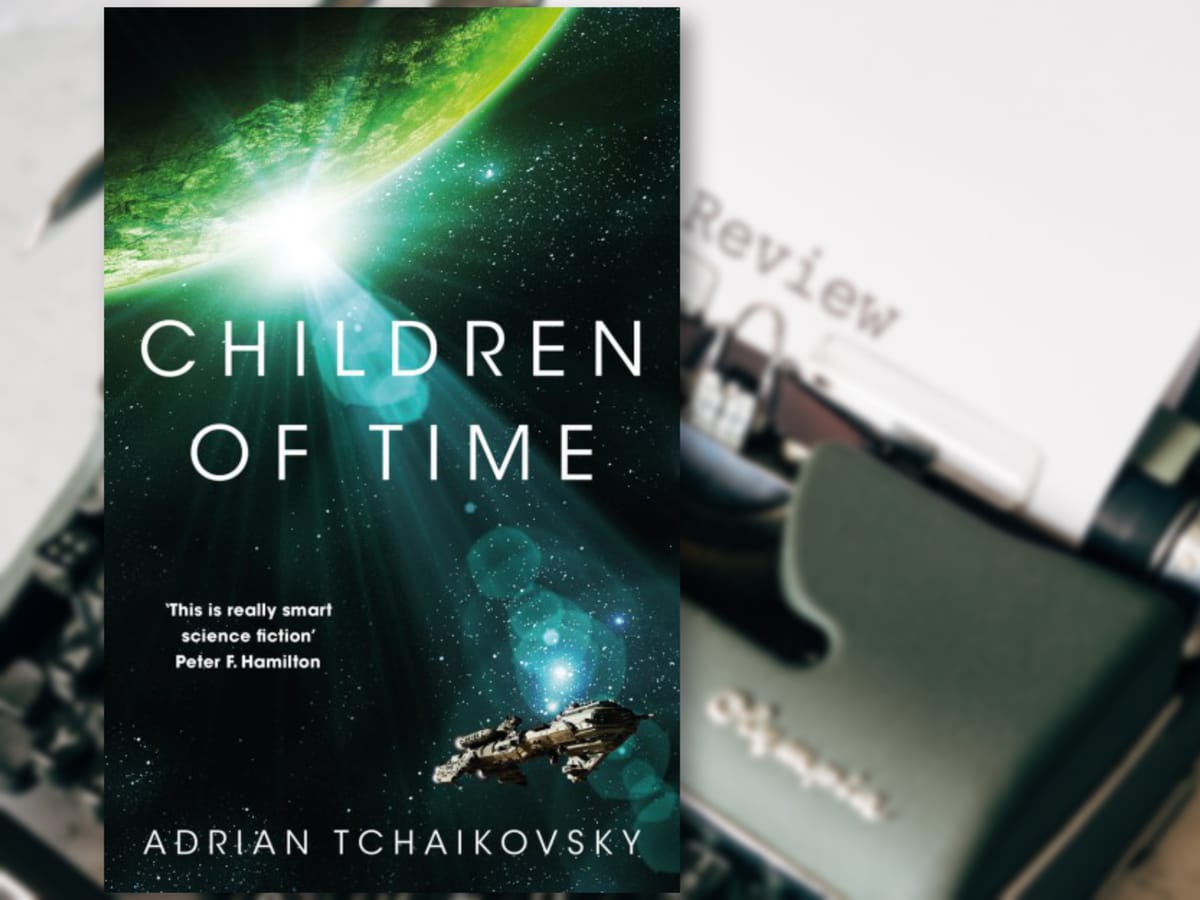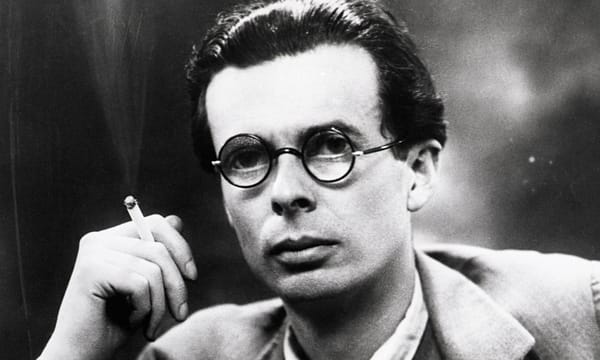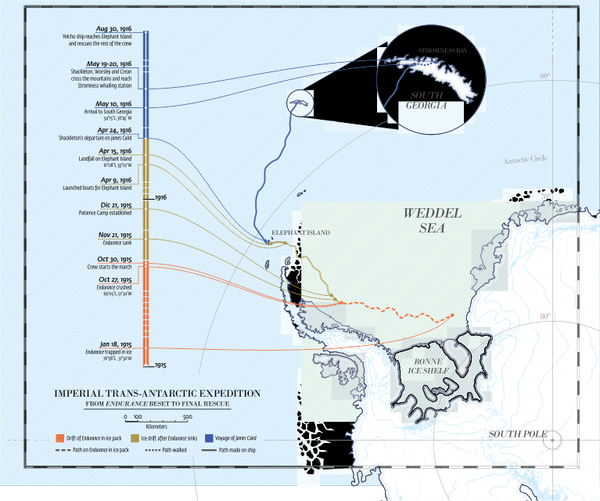Children (Spiders) of Time
🚀 Humanity's last ark ship hurtles toward a terraformed world, but instead of monkeys, it's spiders evolving into a cunning civilization via a rogue nano-virus. Egotistical AI guardians clash with desperate humans in a millennia-spanning saga. Spiders steal the show—surprising twists await!

Spiders and ants and human beings, oh my! Adrian Tchaikovsky’s massive work of science fiction won the 2016 Arthur C. Clarke award for Best Novel. An award it deserved. This book is an important work for science fiction fans missing the fanciful, yet probable, speculation Arthur C. Clarke made famous. Children of Time both accepts the hard science of space travel and challenges your understanding of intelligence and awareness.
Fans and reviews of Children of Time put it in the hard SF genre. I am not a fan of hard SF. I find it boring. The endless speculation of the characters turns into pages of exposition to support the fanciful ideas of the author. Clouded story arcs vanish beneath the weight.
When a good story breaks through the speculative science, I find that physics and time preoccupy the genre at the expense of biology. Stories span thousands of years, but through the magic of hibernation chambers or trippy time dilation, characters do not age, or age in a manner somehow unimportant to their psyche or the story arc. Folding space might be impossible, but I used it in The Fundamentals because preserving a body in a hibernation chamber for thousands of years is impossible. Now consider The Children of Time.
The backstory is not new. Humanity is killing itself; actually, humanity all but exterminates itself at the start of this space and time spanning epic. An egotistical scientist, Avrana Kern, is about to seed a terraformed planet with primates and a nano-virus when rebels blow up everything. Kern's experiment goes wrong; her barrel of monkeys never makes it to the terraformed planet. Instead, the planet is populated by insects infected with the magic talisman that will empower the story, the nano-virus. Several-thousand years later, Holsten Mason, a historian, wakes on the ark ship Gilgamesh; sent from Earth to save humanity from its dying planet.
From here, the story alternates between the ever-evolving spiders on the terraformed, nano-virus infected planet and the ever-conflicted human beings aboard their giant ship. I felt like the spider side of the story was dragging out the inevitable; the humans would land and exterminate these critters. Right?
Nope.
That egotistical scientist Avrana Kern had a few tricks up her sleeve. The biggest being her ego. After the catastrophe of her initial experiment, she puts herself to sleep in a hibernation pod with instructions for her AI to wake her when the monkeys on the planet are intelligent enough to contact her. Somehow, over thousands of years, her ego melds with the AI, and when the Gilgamesh approaches, she proves she can destroy it with a thought before sending it away to another terraformed planet.
Meanwhile, on the Gilgamesh, we learn the civilization that created Kern and her godlike experiment has long since blown itself to shreds. The crew and cargo of the Gilgamesh are a new civilization that arose from the ashes of the first and have used that old technology—as best they can—to save humanity from its dying star.
Space is big. Very, very, excessively big. Traveling through it takes a long time. A very, very, excessively long time. Children of Time avoids the fanciful use of warp-drives and hyperspace, forcing its characters into impossibly long journeys in the equally fanciful hibernation chambers. Combine that with the time dilation of near light speed travel, and our spiders and ants get millions of generations to evolve on the terraformed, magically enhanced (sorry) nano-virus infected planet.
I don't like these stories where actual time stretches into millennia while story time is a few years. The author is trying to be scientifically accurate while speculating on the human condition of extended, near light speed, space travel. The problem is that putting humans into a hibernation that retards their aging is more fanciful than warp-drives and hyperspace. No one has done it, and the laws of biology are more brutal to the human body than time. Now, consider the spider.
The spider story is where the speculation of this novel rockets into near-light territory. Since spiders don't live long, Adrian Tchaikovsky used a convention of genetic memory to give the story familiar characters. Through the genetic characters of Portia, Bianca, Fabian, and others, we experience Kern's nano-virus work on the planet. Spiders are not the only creatures gaining intelligence and creating a civilization. The ants are learning, adapting, and conquering as well. Through the clever use of chemicals, the spiders contain the ant threat, and even communicate with their god; the egotistic AI in the sky.
Back on the Gilgamesh, the story unfolds through the eyes of Holden Mason. Who sleeps through most of it. He wakes to evermore dire circumstances, including a cyborg hybrid thing that intends to kill Kern's AI to capture the planet, and generations of humans that have evolved on the Gilgamesh. At about the third awakening, I had had enough of Holden Mason’s anemic contribution to the story. Bring in the spiders.
Eventually, we get to the showdown. Spider vs. Man vs. AI. The outcome was a surprise to me. Read this one for the spiders.





